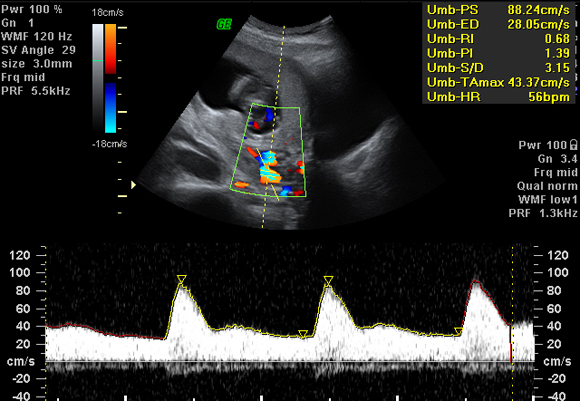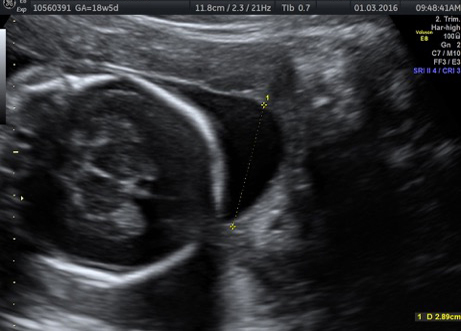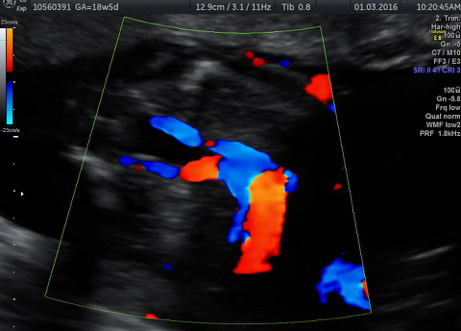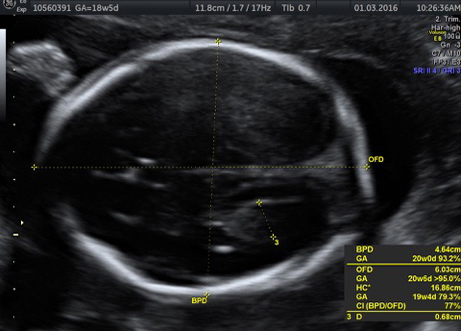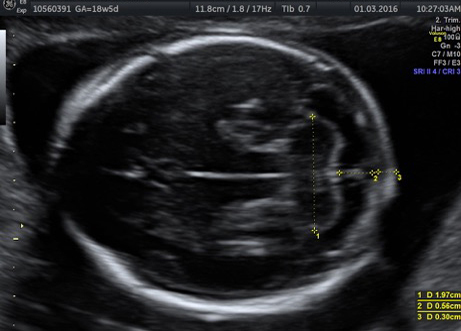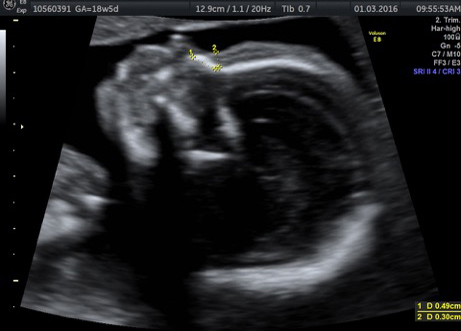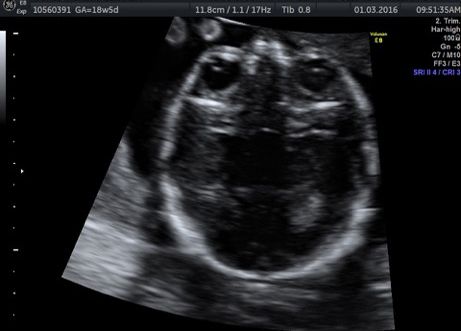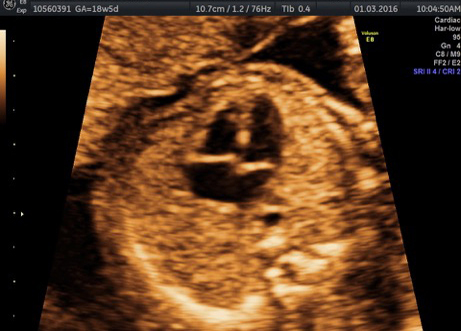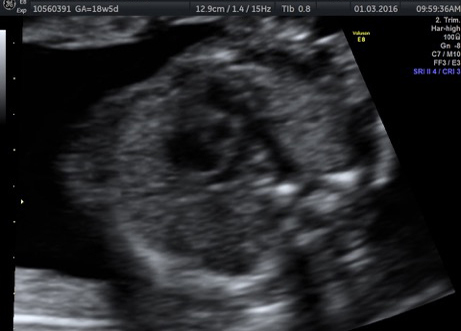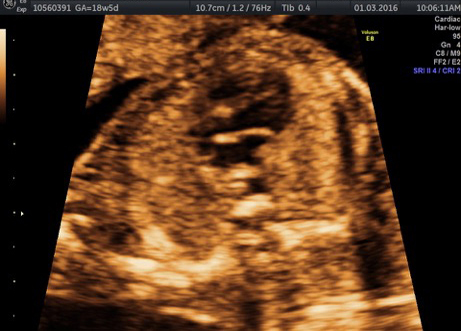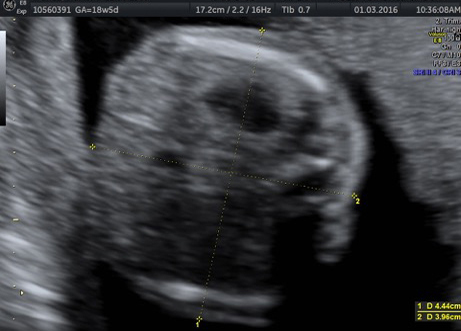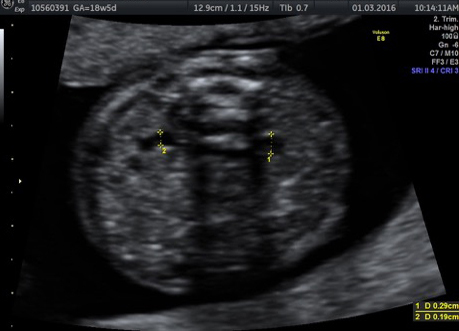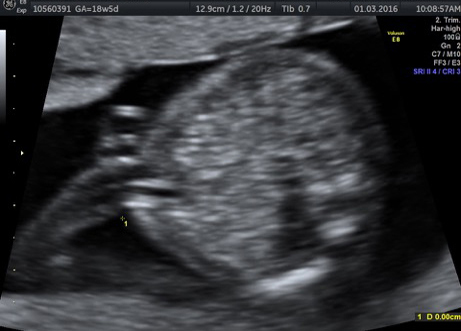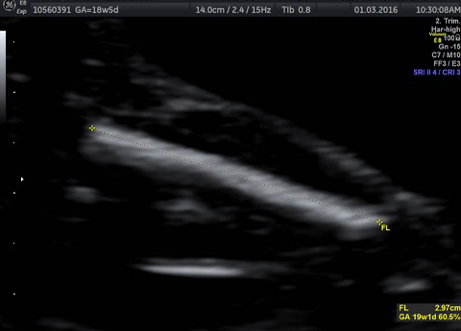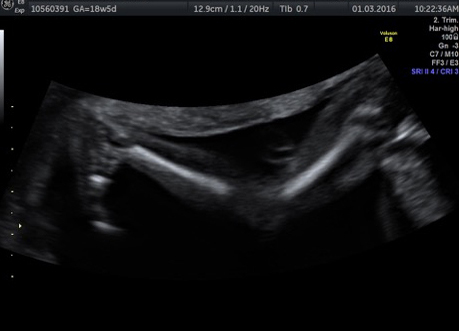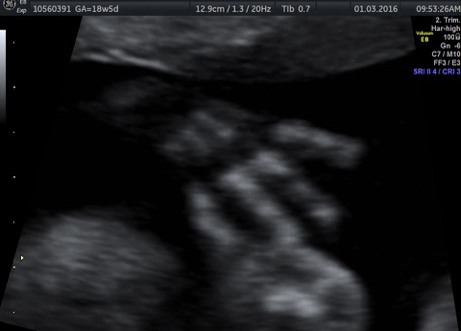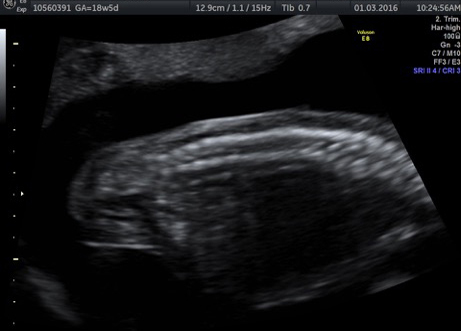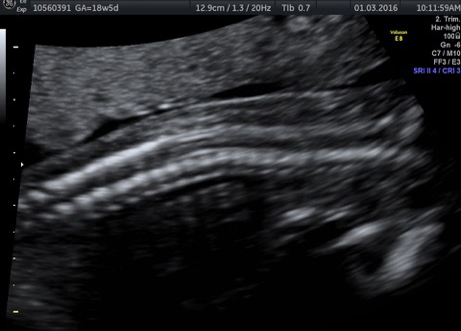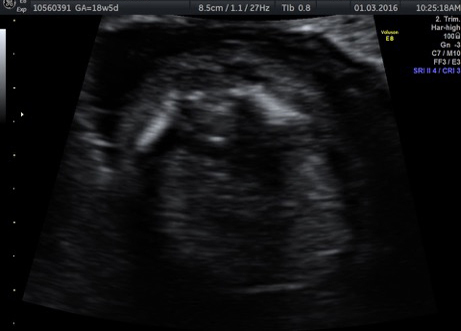Pre-eclampsia occurs in around 1 in 50 pregnancies. It is pregnancy induced high blood pressure and is one of the most common life threatening conditions occurring in pregnancy.
Unfortunately, high blood pressure can be dangerous to the mother and baby. The only current treatment is delivery and the timing of this has to be balanced against the stage of the pregnancy and therefore the maturity of the baby.
Screening during the first trimester can identify women at high-risk for pre-eclampsia. This could potentially improve the pregnancy outcome because better maternal and fetal monitoring would lead to earlier detection of the clinical signs of the disease and where necessary medication can be given.
In addition to your 11—13 week scan you can opt to have a screening test for this potentially serious condition. There is extensive evidence that early pre-eclampsia is associated with an increased risk to you and your baby’s health.
What factors affect your risk of developing Pre-eclampsia ?
The likelihood of you developing pre-eclampsia is increased by a number of factors including ethnicity, first pregnancy, high body mass index, and any previous personal and family history of pre-eclampsia.
What do we look for in the Pre-eclampsia screening?
The Pre-eclampsia screening process is simple and involves an ultrasound scan to measure the placental blood flow at 11-13 weeks gestation in combination with maternal history, mean arterial blood pressure, serum PAPP-A maternal blood marker and placental growth factor (PLGF)
Should I screen for Pre-eclampsia?

The test can be added to any pregnancy scan performed between 11 – 13 weeks 6 days
Pre-eclampsia Screen – Test accuracy:
It has been calculated that the combined method of screening can predict 90% of early pre-eclampsia cases requiring delivery before 34 weeks.
Pre-eclampsia Screen Results: what if I screen positive?
If you screen positive for pre-eclampsia it is important to remember that the chance that you will develop the condition is still low , but it is recommended that you are more closely monitored in your pregnancy. We will inform the healthcare professional looking after you that the routine mid trimester scan is performed as close to 20 weeks as possible to check not only baby’s structural development but , more importantly, baby’s growth. We will then see you back at our screening clinic at 23 – 24 week again to check baby’s growth, uterine artery dopplers, your blood pressure and urine. At this stage if everything is alright your doctor will continue to check your blood pressure and urine throughout the pregnancy on a regular basis
